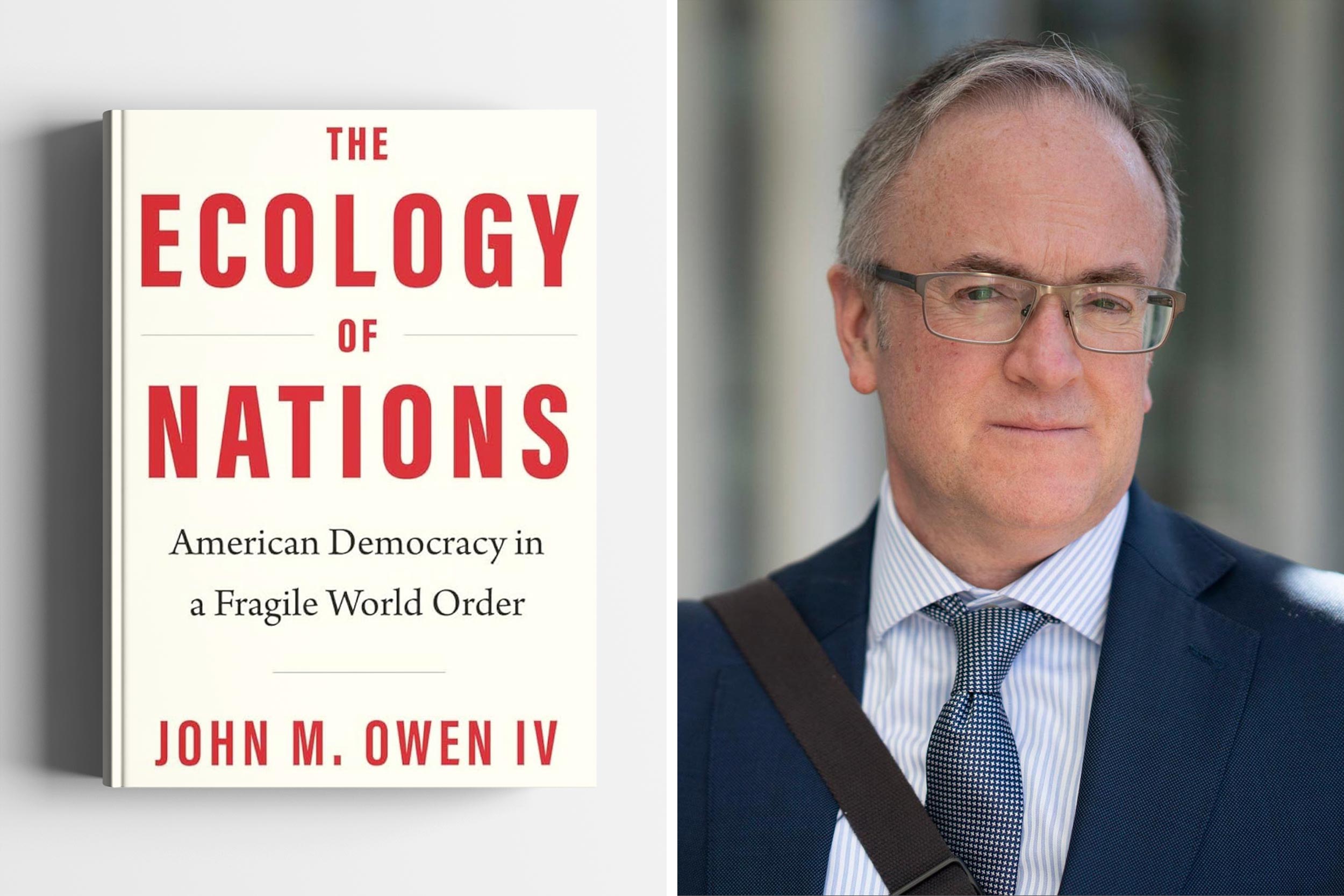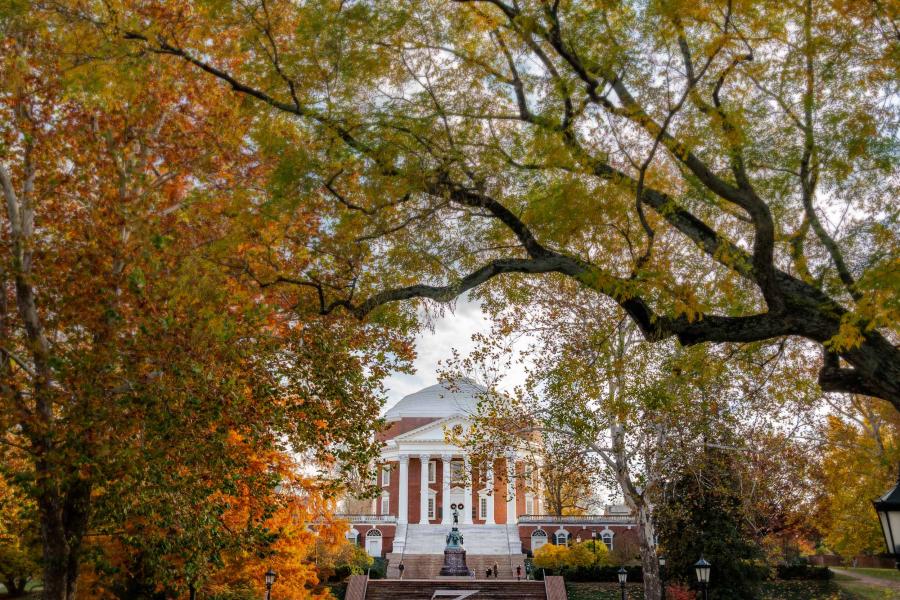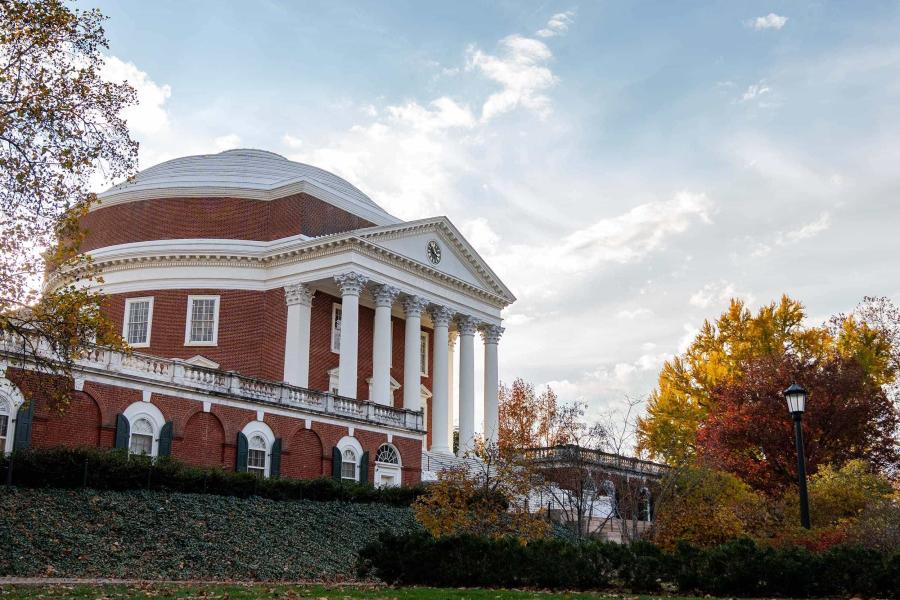“I think everybody’s worried, and it’s not just a worry about the United States,” Owen said. “A lot of our fellow wealthy, mature democracies across the Atlantic are in a similar state. They’re really concerned about the future of constitutional self-government.”
Owen is the Ambassador Henry J. and Mrs. Marion R. Taylor Professor of Politics, a senior fellow at UVA’s Institute for Advanced Studies in Culture and at UVA’s Miller Center for Public Affairs. He said he was “surprised, stunned, flattered and honored” with his selection as a Grawemeyer recipient.
“Political scientists have tended to analyze democratic longevity and crises in domestic terms,” Charles E. Ziegler, a University of Louisville professor of political science and director of the Grawemeyer Award for Ideas Improving World Order, said in a released statement. “They generally look at internal economic structure, income levels and a society’s cultural traits. Owen’s exposition of the role of the international ecosystem marks a major contribution to our understanding of world order.”
Owen is in familiar company, as two of his mentors, Robert Keohane and Samuel Huntington, each received a Grawemeyer Award – Keohane in 1989 for “After Hegemony: Cooperation and Discord in the World Political Economy,” and Huntington in 1992 for “The Third Wave: Democratization in the Late Twentieth Century.”
“I first heard of it when I was a graduate student,” Owen said. “I actually never thought a book of mine would get this award, even though this most recent book is explicitly about international order, and that’s what the Grawemeyer Award is about.”
Owen started the book during COVID-19 lockdowns while on a yearlong sabbatical. He did not have the Grawemeyer or penning a best-seller in mind, but thinks the award will help achieve his purpose in writing it.
“I was hoping it really would affect public discourse a lot,” he said. “It’s a crowded field, with a lot of people writing books and articles about what’s wrong with democracy and how to repair it. It is gratifying to receive this award. It means a number of people in this country and overseas thought this is the best book of the year, the most helpful or enlightening book of the year.”
Owen does not plan to rest upon his laurels.
“I want to write more books, and I’ve got too many ideas,” he said. The concept on the top of the stack, he said, involves visions of global order by hegemonic countries such as the United States, China and Russia.
“If [Chinese leader] Xi Jinping had a magic wand and he could wave it and the world would change, what would that world look like?” he said. “That’s not to say he could ever achieve it – nobody ever achieves everything they want in international relations – but the vision matters.”
Owen will accept his award at a ceremony in Louisville, Kentucky, on April 10.










